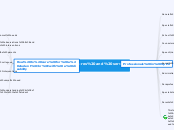af Niki Wiggam 6 år siden
175
Lesson 5
Effective education for students with disabilities involves a collaborative effort from a variety of professionals and individuals. School psychologists assess various aspects of a student'

af Niki Wiggam 6 år siden
175

Mere som dette